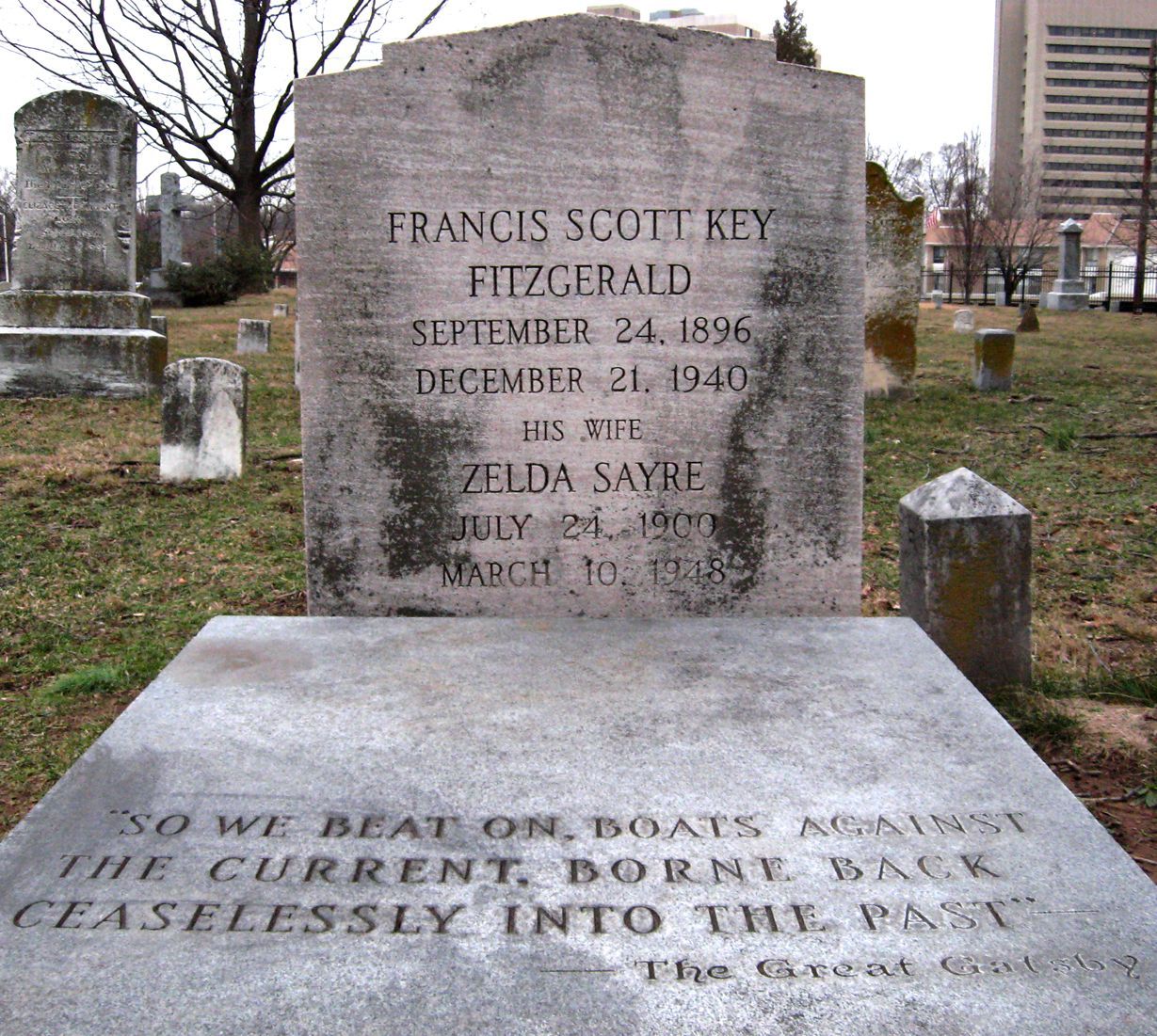Tick-tock talk!
Do these 10 expressions show your age, or not? 10 timeless expressions
Published on May 26, 2025
 Credit: Aron Visuals
Credit: Aron Visuals
Time has a funny way of sneaking up on us, doesn’t it? One moment you’re checking the clock, and the next you’re wondering where the day went. Over the years, we’ve come up with all kinds of phrases about time that capture life’s ups and downs. Today, we’re diving into some of the most popular time-related idioms and what they really mean. So grab a coffee (or tea), sit back, and let’s have some fun with these timeless expressions. After all, it’s never too late to learn something new—is it?
Once in a blue moon
 Credit: Kym MacKinnon
Credit: Kym MacKinnon
Have you ever heard someone say, "That only happens once in a blue moon"? They’re talking about something so rare it might as well be mythical—like spotting a unicorn or winning the lottery (one can only wish!).
Fun fact: a blue moon isn’t actually blue; it’s just the second full moon in a calendar month, and it only appears about once every two to three years. When it does, it shines bigger and brighter, and it’s so rare that when one comes your way, you just have to stop and soak it in. Life might not hand us many, but that’s what makes them unforgettable. And hey—who doesn’t love a good excuse to celebrate?
Killing time
 Credit: Kevin Ku
Credit: Kevin Ku
We strongly advise against killing anything, let alone time! "Killing time" may sound grim, but it’s really about finding ways to pass idle hours.
This idiom originated in the 18th century as a way to describe the boredom of waiting for something to happen. Maybe you do a crossword puzzle, take a quick walk, or call a friend—killing time can actually be a productive and enjoyable activity, even if that’s not always the case.
Waiting doesn’t have to feel like a waste; it can be an opportunity in disguise. Next time you’re stuck waiting, think of it as a chance to recharge. After all, you know how the saying goes: a watched pot never boils!
Turning back the hands of time
 Credit: Morgan Housel
Credit: Morgan Housel
Wouldn’t it be amazing if we could actually turn back the clock? Who hasn’t dreamed of going back in time to relive that wonderful family trip? Well, to "turn back the hands of time" means longing for days gone by.
Maybe you’d relive a favorite holiday, enjoy your kids as little ones again, or undo a choice you wish you’d made differently. Of course, we can’t literally rewind time (no magic clocks over here!), but looking back can still bring us joy.
Even if it feels a bit nostalgic, we have to remember to enjoy the here and now—after all, time moves forward, not backward. Nostalgia is a beautiful thing, but so is creating new memories. Don’t you think?
A stitch in time saves nine
 Credit: Phil Desforges
Credit: Phil Desforges
Picture a small tear in your favorite sweater—if you sew it up now, you’re golden. Ignore it, and soon you’ve got a hole big enough to regret. This oldie-but-goodie is all about the value of fixing small problems before they become big ones. Don’t you just love it when that happens?
First recorded in the 18th century, the phrase compares timely action to mending a tear in fabric before it worsens. Procrastination? No sir, we don’t know that road around here.
Why wait for trouble to snowball when you can nip it in the bud? A stitch in time saves nine!
Time is on my side
 Credit: Szűcs László
Credit: Szűcs László
Well, aren’t we feeling confident? Yes, we are—time is on our side! This phrase was already popular, but it skyrocketed when The Rolling Stones released a song with that title.
This idiom is all about confidence and positivity. It suggests that time can be an ally in helping us achieve goals or solve problems. But remember: time is also a synonym for patience.
If you’re someone who lets things unfold naturally, then this phrase is for you. But if that’s not the case, it might be worth reflecting on how rushing things often leads to mistakes. Time, when treated with care, can work wonders for personal growth and healing. So why not embrace the idea that life has a way of working itself out?
In the nick of time
 Credit: Niklas Rhöse
Credit: Niklas Rhöse
If you’ve ever slid into a meeting just as it started or saved dinner from burning seconds before disaster struck, you’ve experienced an "in the nick of time" moment.
This phrase is for those close calls that get your heart racing but leave you feeling like a pro. It’s like living life on the edge—but with a happy ending. And hey, isn’t there something thrilling about pulling it off just in time?
Of course, it’s not exactly the most stress-free way to live, so maybe try to keep these moments to a minimum. But when they do happen, you might as well give yourself a pat on the back. You nailed it—barely, but still!
Only time will tell
 Credit: Djim Loic
Credit: Djim Loic
Life is full of surprises and uncertainties, and no matter how much we try to predict or anticipate what’s going to happen, life always finds a way to catch us off guard. So, it’s only a matter of time before that next surprise arrives.
"Only time will tell" is a reminder that the future is full of uncertainties. This idiom suggests that some answers can only reveal themselves over time. Yes, you got it right—it’s all about patience!
Sometimes, the best approach is to let go and trust the process. So sit back and let time do its magic—there’s no rushing the future!
Living on borrowed time
 Credit: Wil Stewart
Credit: Wil Stewart
This phrase may seem gloomy, but it’s all about perspective. As we said, life is full of uncertainties—but death isn’t one of them. We’re all going to die, that much we know. But some people live longer than expected, so we say they’re living "on borrowed time."
Not that they owe anything to anyone—this expression describes the second chance you get after a close call or a health scare.
Gloomy? Maybe. But it’s also a phrase that carries a sense of gratitude and urgency. Every day becomes a bonus—a chance to savor life’s small joys and big adventures. And if we’re lucky enough to get a second chance, why not make the most of every borrowed moment?
Beat the clock
 Credit: Gian Prosdocimo
Credit: Gian Prosdocimo
Ever find yourself rushing to get something done just before time runs out? That’s what it means to "beat the clock," and let’s be honest—it’s a bit of a rush! Whether it’s racing to meet a deadline, dashing to the store before it closes, or wrapping up a project with seconds to spare, we’ve all been there.
The phrase likely came from sports or games where every second counts, but now it’s part of everyday life. Sure, it can be stressful—but doesn’t it feel amazing when you pull it off? Beating the clock is like a little personal victory over time itself. Just don’t make it a habit. Sometimes, slow and steady really does win the race.
A whale of a time
 Credit: Ahmad Ossayli
Credit: Ahmad Ossayli
To wrap it up, let’s go to the opposite end of the time spectrum and talk about those moments when we feel like time is all we’ve got: We’re having "a whale of a time," which means enjoying ourselves immensely, like a kid on a rollercoaster.
This playful idiom likely comes from the image of a huge whale, symbolizing something big and unforgettable. It’s often used to describe vacations, family gatherings, or even a good laugh with friends.
You know those moments of pure joy—the ones that remind us that life doesn’t have to be all work and worry? Fun and laughter are timeless treasures that keep the spirit young. Next time you’re with loved ones, make it a point to have a whale of a time. After all, life’s best memories are built on it!












